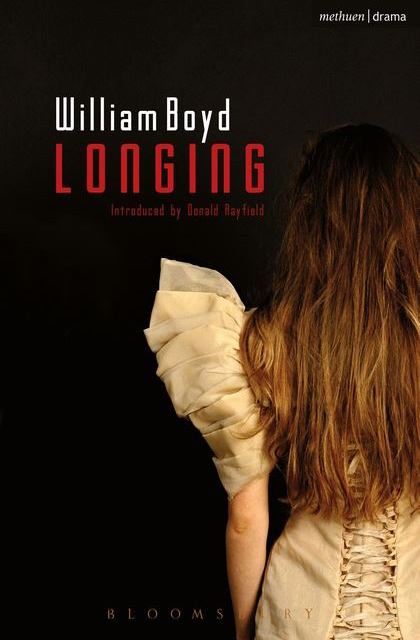William Boyd has fused two Chekhov stories from the 1890s, A Visit to Friends and My Life, to create a new play. The result is inevitably something of a hybrid: neither pure Boyd nor pure Chekhov. But it works because it deals with eternal Russian themes – and because it is performed with rare musical precision.omething of a hybrid: neither pure Boyd nor pure Chekhov. But it works because it deals with eternal Russian themes – and because it is performed with rare musical precision.
Boyd’s chosen stories neatly intersect. In one, a charismatic Moscow lawyer, Kolia, returns to the provinces to try to rescue Sergei, a heavily indebted drunk whose estate is mortgaged to the hilt. In the other narrative strand we see Misail, an architect’s son who wants to be a roof-painter, trapped into marriage with the daughter of a wealthy vulgarian. What links the stories, which take place in and around a dilapidated summer house, is the shared sense of futility and waste. Kolia’s tragedy is that he is terrified of commitment; Misail’s is that he has made a commitment and now regrets it. Watching Boyd’s ingenious mix-and-match, it is impossible not to be reminded of Chekhov’s future masterpieces. Unrequited love, marital misalliances and auctioned estates usher us into the world of The Seagull, Uncle Vanya and The Cherry Orchard. But although it is tempting to see the play as a Chekhovian medley, what finally matters is its humane stress on the need for endurance.
Nina Raine’s production gains immeasurably from luxury casting. Iain Glen (left, with Eve Ponsonby) is remarkable as Kolia, suggesting a man who – possibly like Chekhov himself – combines effortless charm and emotional ruthlessness. Tamsin Greig, as the middle-aged doctor clearly besotted by him, subtly evokes the quiet anguish of the unfulfilled heart. And there is a clutch of fine performances from Alan Cox as the alcoholic Sergei, Natasha Little as his despairing wife and William Postlethwaite as the well-born Misail who has a Tolstoyan urge to identify with the workers. Not perhaps a wholly original play, but one that powerfully reminds us that Chekhov’s stories contain the seeds of all his dramas.

